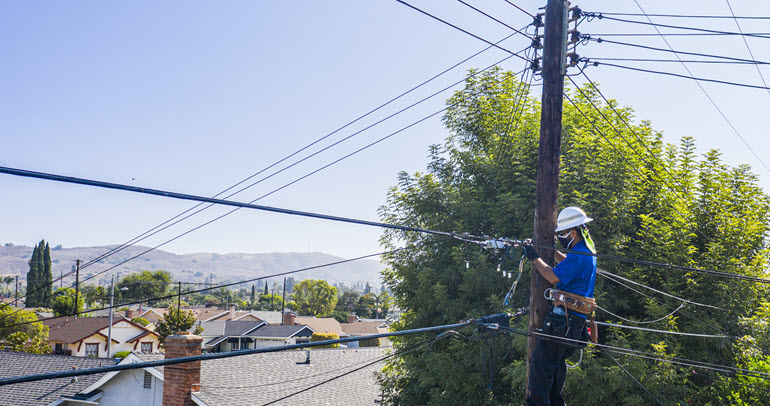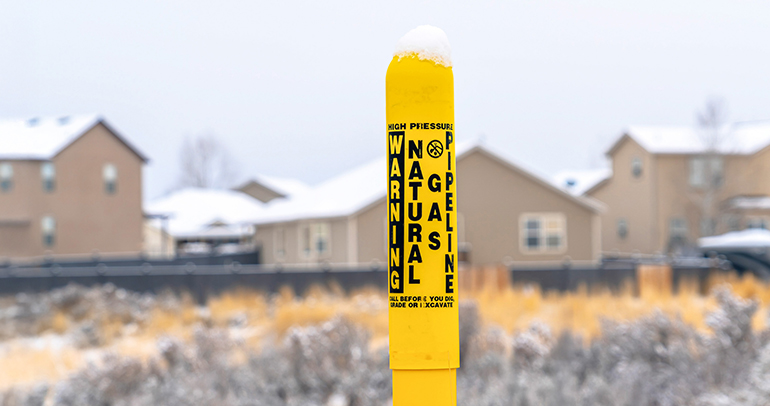
Reliable service is the cornerstone of most energy utilities’ brand promise. This makes sense, since energy underpins every aspect of our lives, from the mundane to the magnificent. However, our Utility Trusted Brand & Customer Engagement study reveals a disconnect between how utilities think about reliability and how customers perceive it. A subtle—but important—shift is needed to address this disconnect, but the good news is that the shift makes utilities the hero of the story.
Electric utilities track system reliability through a host of metrics, including the System Average Interruption Duration Index (SAIDI), the Customer Average Interruption Duration Index (CAIDI) and the System Average Interruption Frequency Index (SAIFI). These metrics measure how often, and for how long, various parts of the electric grid are disrupted. Utilities highlight these metrics in their reliability reporting, and the metrics are the North Star for many operations groups.
We examined SAIDI, CAIDI and SAIFI data reported to the Federal Energy Information Administration and compared them with customer perceptions measured in our study, and found the metric that most closely correlated to customers reporting that they experienced an outage was SAIFI. However, while there was a correlation, it was not a particularly strong one and the correlation between customers saying they experienced an outage and SAIDI and CAIDI was nearly nonexistent.
Even more concerning for utilities thinking that these metrics should flow through to customers’ experience, SAIDI, CAIDI and SAIFI all have an extremely low correlation with perceptions that the utility is focused on reliability such as the utility “[avoiding] lengthy outages,” being “committed to safety and reliability” and “[preparing] for major service interruptions.” As a result, these metrics are not useful for teams charged with improving their utility’s customer experience (CX).
Instead, CX teams need to focus on things that do drive positive customer perceptions. First, getting the outage experience right is crucial. Customers understand that 100% reliability isn’t reasonable, but when the power goes out, they want to understand why and know when the power will come back. Sharing this information—as well as ensuring that estimated times of restoration (ETR) are accurate—significantly improves perceptions of how dedicated the utility is to reliability. Making the information easy to get through proactive contact has a multiplier effect on these perceptions. The percentage of customers signed up for—and ultimately receiving—proactive contact and ETR accuracy are key metrics for understanding customers’ outage experience.
But not every customer is going to experience an outage, even more so if the groups charged with grid operations are driving down SAIDI, SAIFI and CAIDI. So how do utilities improve reliability perceptions for those customers not experiencing an outage? This is where you get to be the hero of the story. Perceptions that the utility invests in the safety and reliability of its system very strongly correlate with customer beliefs that the utility is committed to safety and reliability. The way to improve those perceptions is to tell your story to customers—share with them the investments you are making in the grid and the people behind those investments.
Florida Power & Light has made this a part of its regular customer communication, such as in this blog post where the utility discusses “hardening” its grid and what that means for customers. The utility also has a public “system improvements” map that allows customers to explore what FPL has done in its area to make the grid more reliable and resilient. These efforts have resulted in FPL consistently scoring near the very top of the industry on the Safety & Reliability Index, a composite measure of a number of safety- and reliability-related customer perceptions.
If you’re interested in learning more about our findings that challenge conventional utility wisdom, send us a note!









